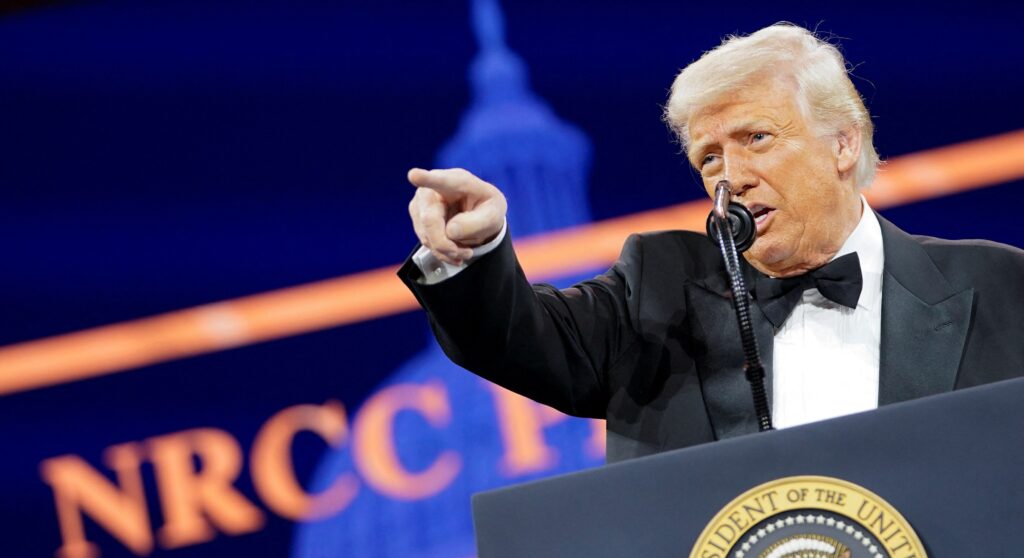
The United States, under the leadership of President Donald Trump, has imposed a 10% baseline tariff on nearly all imported goods, including exports from Ghana. This sweeping trade policy, part of Trump’s new economic strategy, is set to reshape international commerce, potentially disrupting trade flows between the U.S. and over 180 countries lacking specific trade agreements.
Implications for Ghana
Ghana, a major exporter of cocoa, textiles, and raw materials to the U.S., is among the African countries directly affected by the tariffs. These added charges could drive up the cost of Ghanaian goods in the American market, making them less competitive and potentially impacting local industries that rely heavily on U.S. trade.
Countries like South Africa, Nigeria, Kenya, and Côte d’Ivoire are also expected to experience similar economic pressure. With the U.S. being a top trade partner for many African nations, the new tariffs may lead to reduced export volumes, job losses, and rising prices.
Trump’s Justification
President Trump has described the tariff initiative as a form of “economic fairness”, asserting that the U.S. is simply responding to what he claims are “unfair trade practices, currency manipulation,” and “disproportionately high tariffs” imposed on American goods by other nations.
“We’re calling this Liberation Day for American workers,” Trump stated. “We’re leveling the playing field.”
Experts Warn of Global Consequences
Despite Trump’s justification, economists and trade analysts are warning of a possible global trade war. They argue that the move could trigger retaliatory tariffs, strain diplomatic ties, and ultimately lead to higher prices for consumers globally—including within the U.S.
Ghana’s Tariff Profile vs. U.S. Imports
According to official data, Ghana currently imposes a 10% tariff on U.S. goods, while the new U.S. policy reciprocates with a matching 10% charge on Ghanaian exports. However, some African countries face a much steeper imbalance:
- South Africa: 30% (U.S. faces 60% on exports)
- Madagascar: 47% (U.S. faces 93%)
- Angola: 32% (U.S. faces 63%)
- Nigeria: 14% (U.S. faces 27%)
This comparison fuels the argument that Trump’s policy is designed to pressure countries into renegotiating bilateral trade deals.
Africa’s Response and Concerns
Governments across the continent are expressing concern. Ghana’s trade authorities are expected to meet soon to assess the implications and explore alternative trade strategies. Experts are calling on African leaders to engage diplomatically and work collectively to mitigate the impact.
Conclusion
As the 10% U.S. tariff takes effect, Ghana and other developing economies must re-evaluate their trade policies, diversify export destinations, and consider domestic alternatives to minimize dependency on vulnerable international markets.
Stay tuned to David Charway Online for continuous updates on global economic trends and how they affect Ghanaian businesses and livelihoods.



